


Get to know Iceland
Camping is a remarkable experience that allows you to deeply connect with nature. Whether you’re planning an overnight stay in a national park or renting a campervan for a trip around the Ring Road, it’s vital to respect the camping rules in Iceland.
In this guide, we’ll walk you through what you need to know about regulations, Leave No Trace principles, campfire guidelines, waste management, and camping etiquette in Iceland.
When camping in Iceland, it’s important to stick to designated campsites. Whether you’re in a tent, campervan, or motorhome, there’s typically no need to book in advance. Just show up, pay the fee, and set up camp. Many campgrounds are only open during the summer months, so be sure to check opening dates before you arrive.
Contrary to popular belief, you can’t camp just anywhere in Iceland. Wild camping is only permitted if there are no campsites nearby, and it’s restricted to single-night stays camping in a tent. It’s also possible to camp outside official camping grounds if you have written permission from the landowner. However, this isn’t a common or practical choice for most travelers.
Wherever you stay, make sure you follow the camping rules. It’s safer, more enjoyable, and helps maintain the pristine beauty of Iceland for everyone to appreciate.
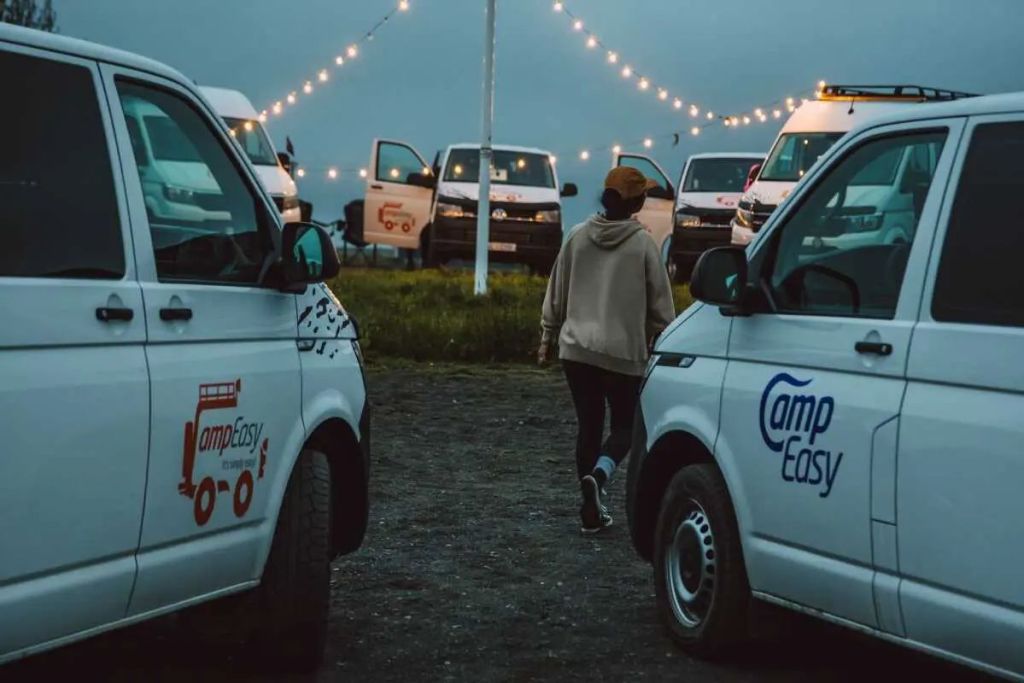
Preserving Iceland’s national parks, geothermal pools, black sand beaches, and other incredible nature is a shared responsibility. You can minimize your impact on the environment by following the seven Leave No Trace principles:
These translate into simple yet effective practices, like carrying all trash back with you, packing the right camping gear for Icelandic conditions, and not collecting things like rocks, sand, or plants (this is illegal). One of the simplest ways you can respect nature is to stay on marked trails to avoid trampling sensitive vegetation.
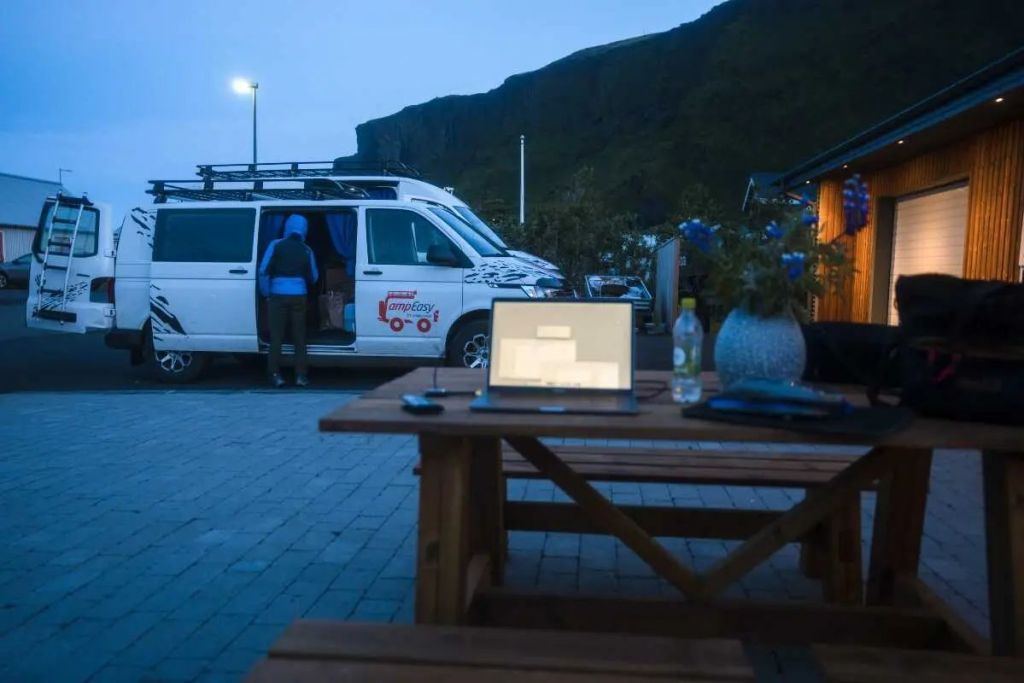
Lighting campfires is prohibited in Iceland, except at a few established campgrounds that have designated campfire facilities. Fortunately, most campsites offer places to cook, such as outdoor grills and indoor cooking areas.
If you plan to stay at campgrounds with limited facilities, it’s a good idea to pack or rent a gas camping stove. Single-use barbecues, available at many supermarkets, may be a suitable option for shorter stays. Alternatively, you can pack meals that don’t require cooking.
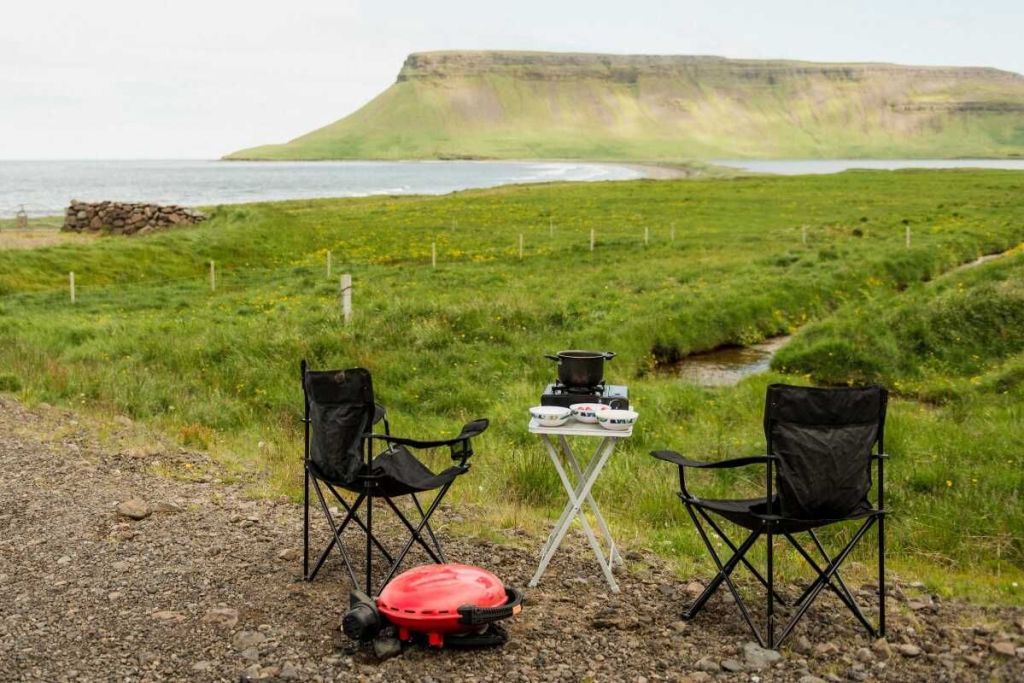
Use designated trash cans, and separate recyclables from general waste if the facilities allow. If you can’t find appropriate bins, follow the “pack in, pack out” principle by bringing back all the waste you generate during your camping trip. This includes biodegradable items like food scraps.
You can minimize waste by avoiding excessive packaging and bringing reusable items. Many campsites offer kitchen facilities where you can wash your dishes.
Being a considerate camper isn’t just about respecting nature—it’s also about maintaining the peace and privacy of your fellow campers. When setting up your tent or parking your campervan, ensure you’re not taking over someone else’s space.
Keep noise levels low, particularly during established quiet hours, which usually extend from late evening to early morning. It’s especially important to be considerate when camping near residential areas, where you must respect the locals’ peace.
Every campsite is a bit different, so be sure to check the camping rules wherever you’re staying. And of course, leave campsites as clean or cleaner than you found them.
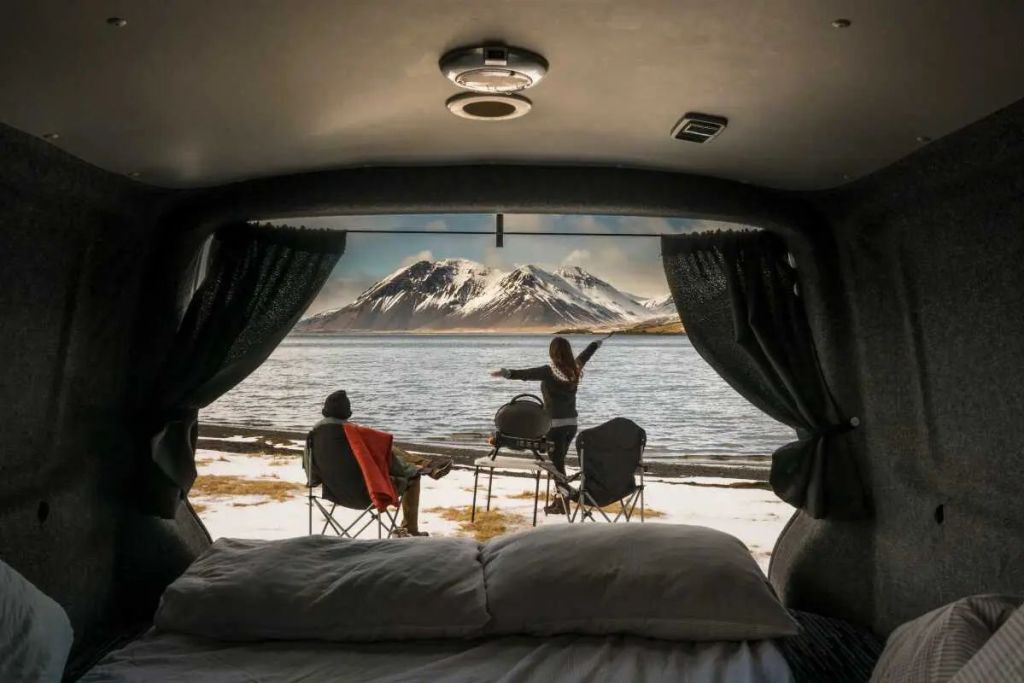
Camping offers an incredible opportunity to experience breathtaking landscapes and meet some locals along the way. By following the etiquette and camping rules in Iceland, you can ensure a safe, fun, and sustainable traveling experience for yourself and future visitors. So let’s cherish Iceland’s natural beauty and leave behind only good memories. Happy camping!
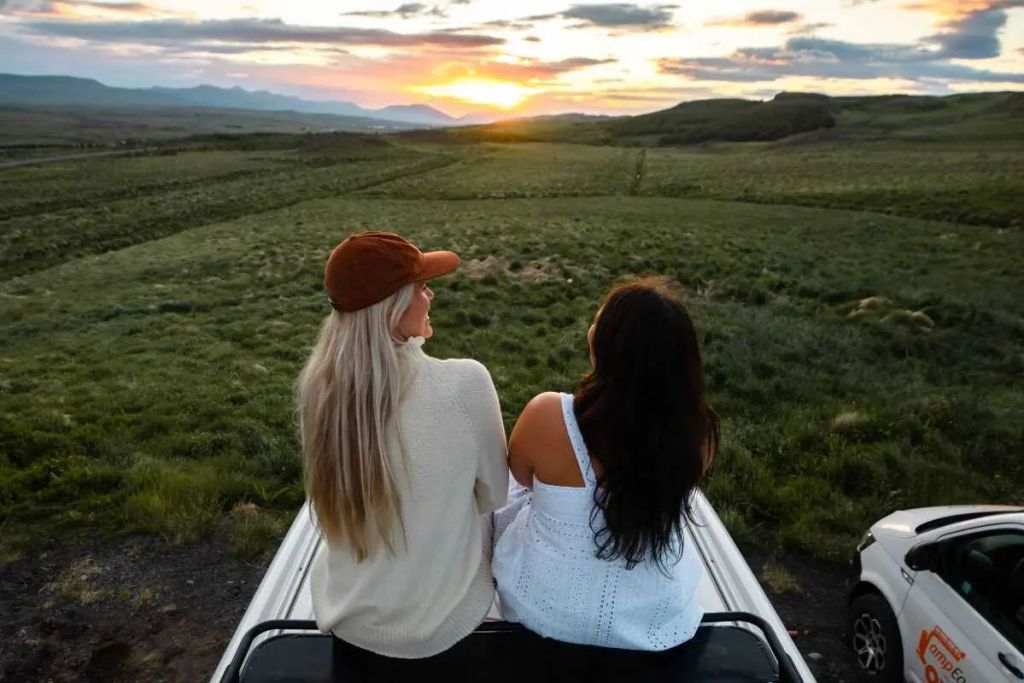

CampEasy Opening hours 09:00-16:00
Learn more about Self-Service
A minimum of 20 hours notice is required to use the booking engine. Click here to contact us directly for a booking less than 20 hours from now.
Change Date